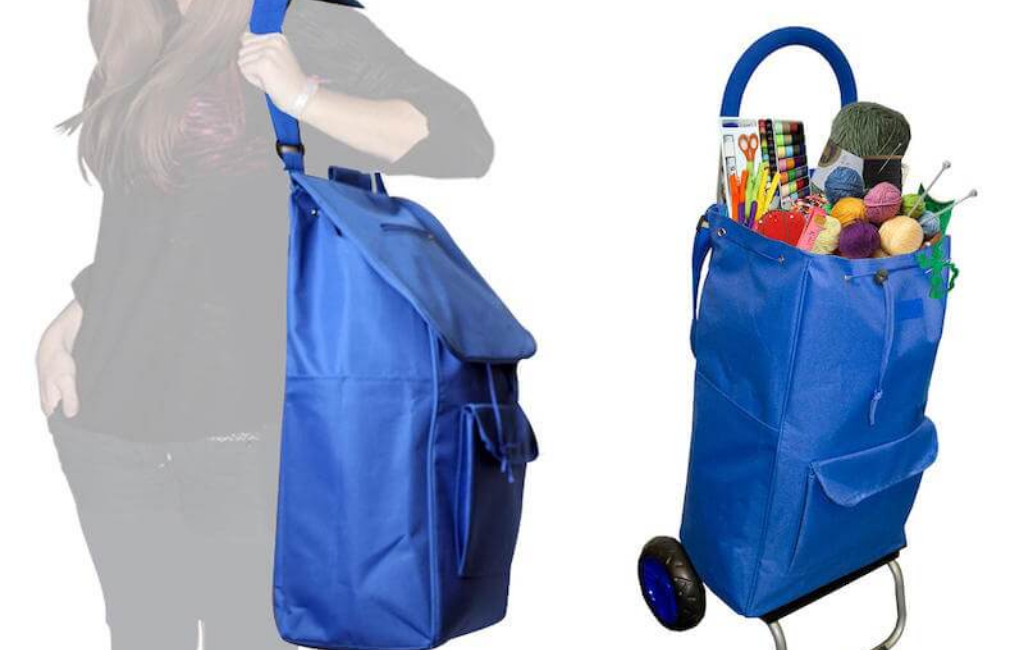Little Nomad Play Mats
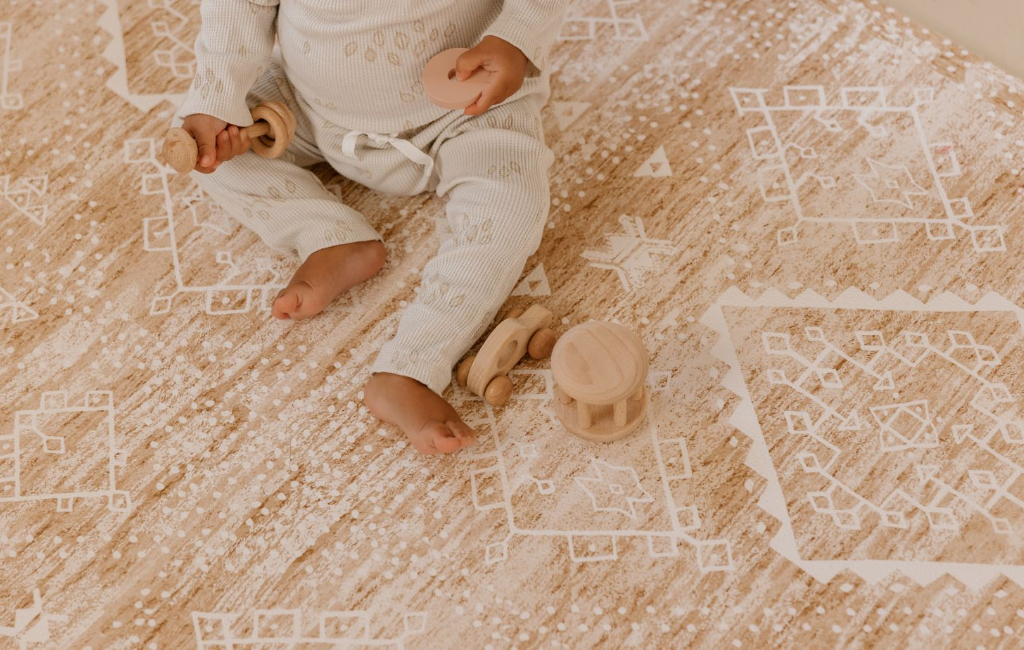
NO DEAL
EPISODE SUMMARY
🕓 Air Date: February 3, 2017
Asking For:
$80,000 for 15%
Investor:
No Deal
Deal:
No Deal
PRODUCT SUMMARY
Little Nomad offers beautifully illustrated, printed play mats that resemble heirloom rugs, providing a stylish alternative to traditional foam play mats.
WATCH HERE
IN A RUSH?
Click these to jump to the section you want to read.
Background Story
Elizabeth Granados, the founder of Little Nomad, hails from West Hartford, Connecticut, where she resides with her husband, Jeremiah, and their daughter, Talia. The journey of Little Nomad began when Elizabeth visited her friend Marissa’s home and was surprised to find traditional foam play mats in garish colors covering the living room. Despite the practicality of the foam mats, Elizabeth, known for her stylish approach to life, saw an opportunity to combine functionality with aesthetic appeal.
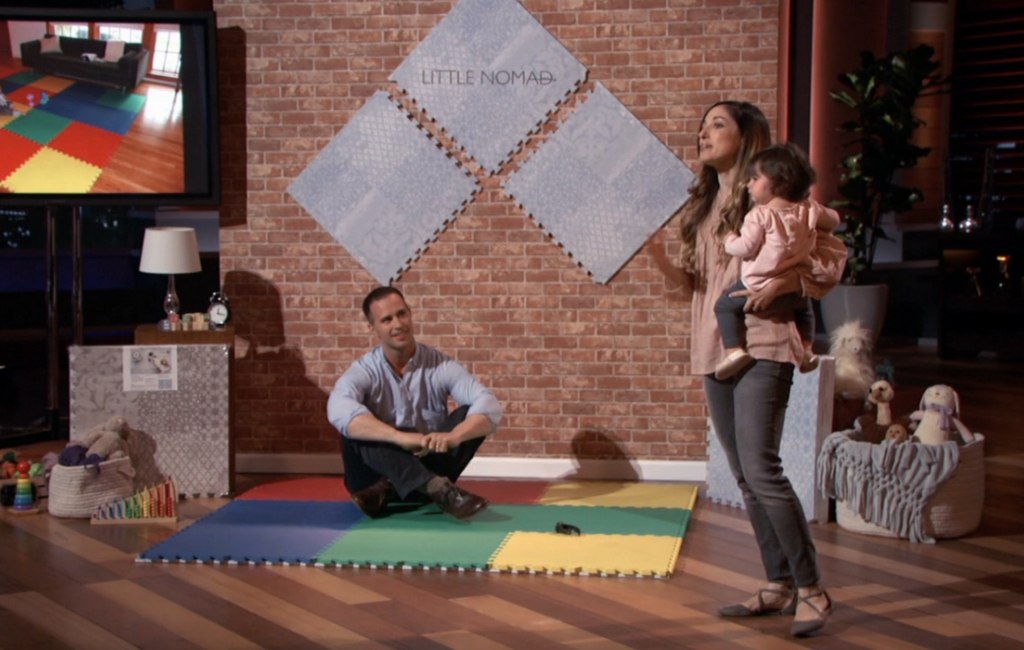
Driven by a desire to make foam beautiful, Elizabeth, a super-stylish entrepreneur, conceptualized Little Nomad. Witnessing the contrast between the colorful foam mats and Marissa’s otherwise chic home sparked her “aha” moment. With a background deeply rooted in an appreciation for style and a keen eye for design, Elizabeth envisioned creating play mats that resembled heirloom rugs, transforming the eyesore into a peaceful playspace.
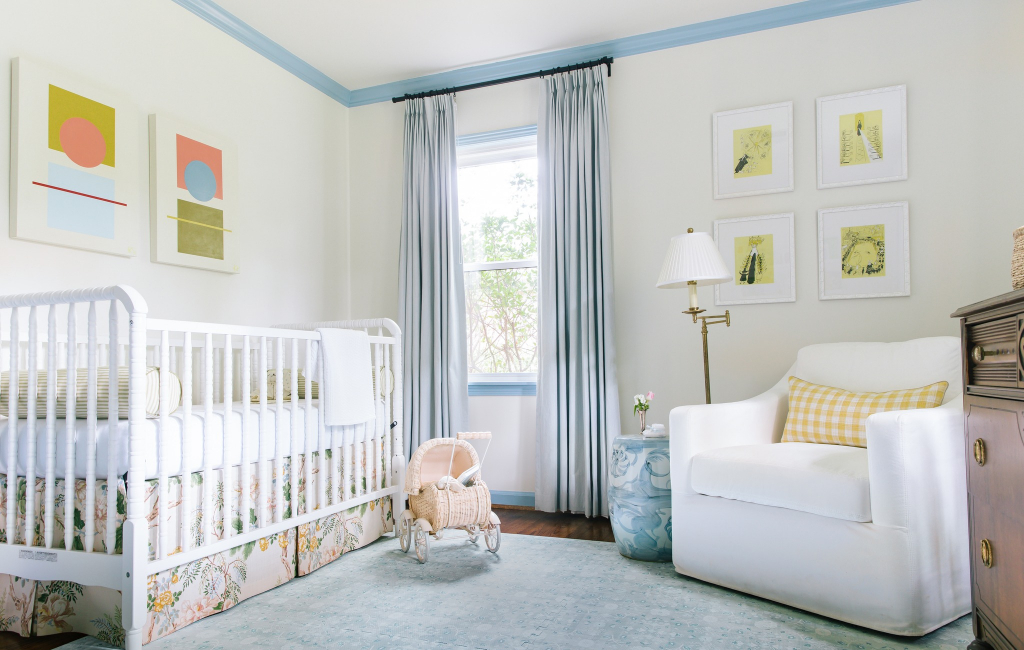
Motivated by this vision, Elizabeth, along with her husband and daughter, embarked on the journey of entrepreneurship. They sought $80,000 for 15% of their company on Shark Tank, aiming to bring Little Nomad’s beautifully illustrated, printed play mats to stylish parents everywhere. Elizabeth’s commitment to merging practicality with elegance and her determination to drive the circus out of town by introducing serenity into homes resonated throughout her pitch, showcasing the passion and creativity behind the Little Nomad brand.
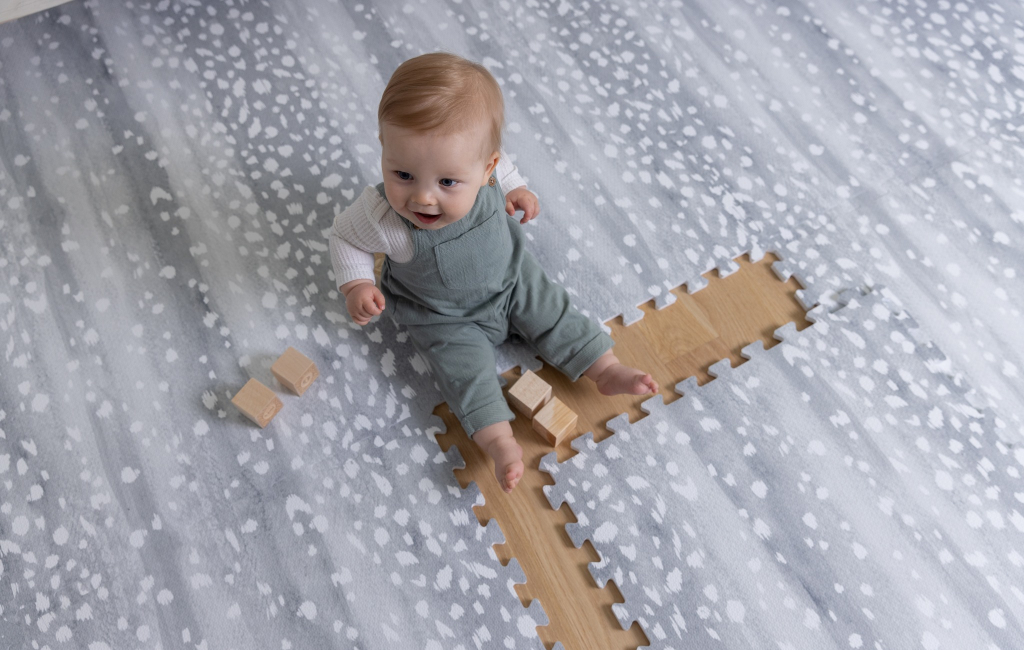
The Product
Little Nomad offers a distinctive product in the form of beautifully illustrated, printed play mats designed to revolutionize the traditional concept of foam play mats. These mats, measuring 2 feet by 2 feet with 12 edges for a seamless connection, provide a stylish and practical alternative for parents seeking an aesthetically pleasing play area for their children.
The mats are not only visually appealing but also versatile, catering to various uses beyond the play space. They are suitable for crawling, tummy time, and learning to sit up. Additionally, customers have found innovative applications, such as using the mats under standing desks, in kitchens, or as exercise mats. The wipe-clean and water-resistant features add to the convenience, ensuring easy maintenance for parents.
Sold as a set of six mats, Little Nomad’s product appeals to the registry market, making it an ideal choice for new parents looking to create a stylish and functional space for their little ones. The pricing strategy aligns with the product’s high-quality materials and design, offering customers a blend of functionality and aesthetic appeal. The mats, currently in the manufacturing stage during the Shark Tank pitch, are set to ship in November, building anticipation for the stylish and practical addition to homes.
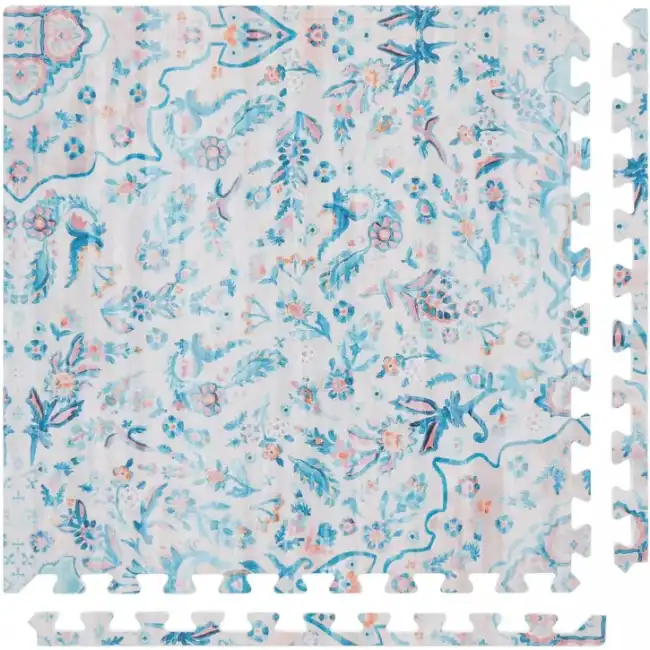
How It Went
The company’s position before Shark Tank
Little Nomad showcased a promising start in its brief 3.5 months of operation. Elizabeth Granados, the founder, presented impressive pre-sales figures, having secured $114,000 worth of play mat orders. The manufacturing process was underway, with the product set to ship in November, indicating a proactive approach to production and fulfillment. During the pitch, Elizabeth expressed her vision to align with retail stores such as Buy Buy Baby, Nordstrom, and Giggle, suggesting a strategic move to expand market reach.
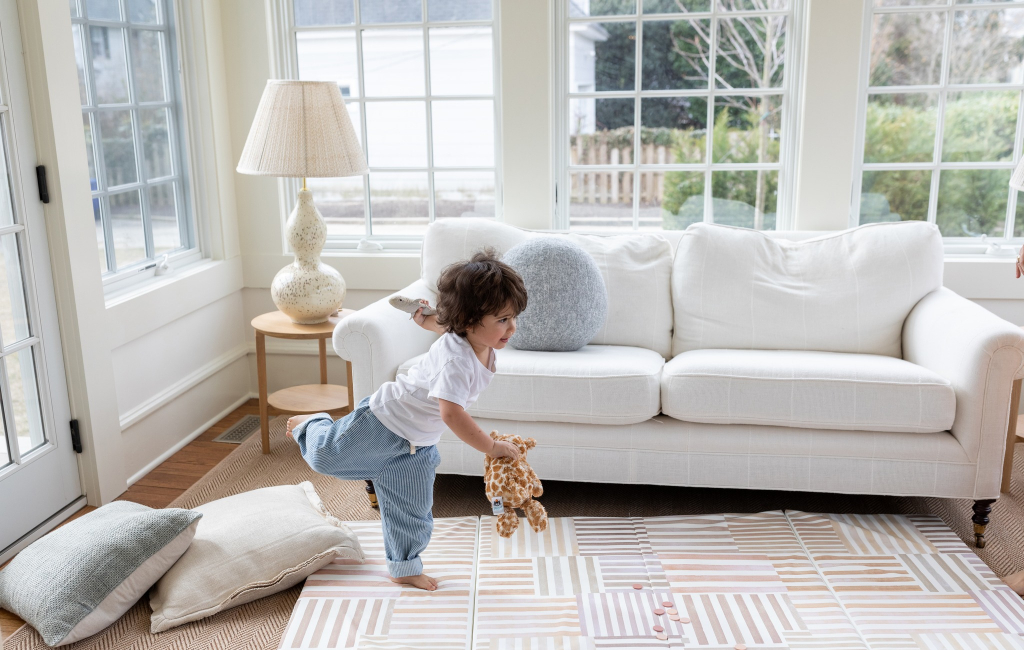
Little Nomad’s initial success was attributed to a well-executed online marketing strategy. Elizabeth disclosed that she collected 4,555 email addresses through Facebook mom groups, indicating a strong interest and engagement from potential customers. The product’s appeal to the registry market further highlighted a targeted approach to customer acquisition. Funding details beyond the $80,000 sought on Shark Tank were not explicitly discussed. Elizabeth did not disclose existing investments or partnerships that might contribute to the company’s financial health. The absence of information on profits and losses, as well as available capital, leaves a gap in understanding the current financial position of Little Nomad.
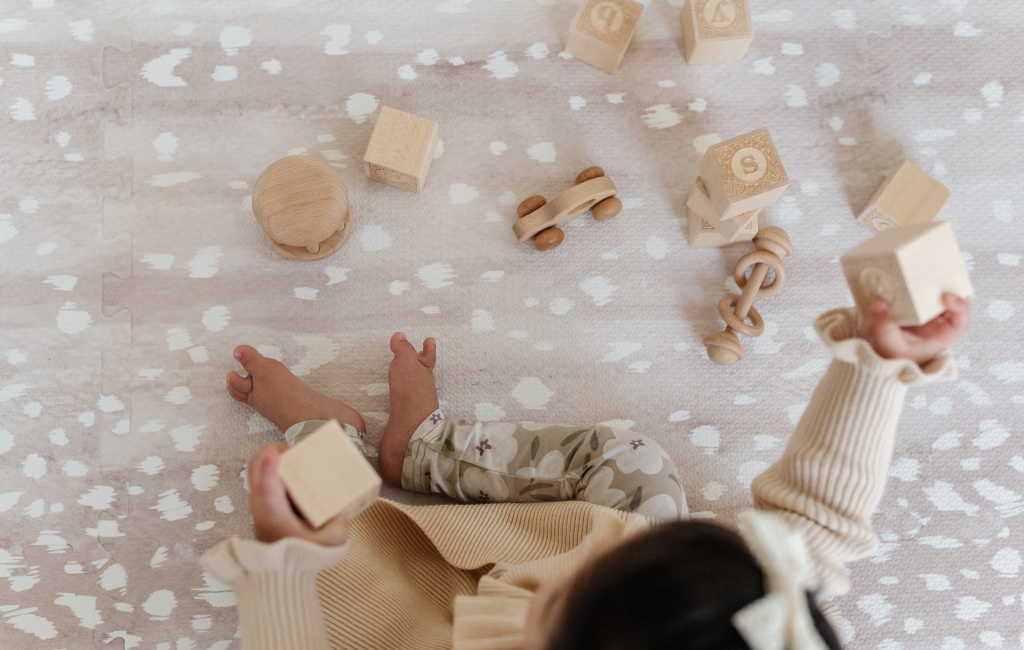
The company’s structure and team composition were not detailed during the pitch, making it challenging to assess the internal dynamics of Little Nomad. Elizabeth’s solo presentation and her reference to the business as “my baby” suggest a potentially lean operation driven by her entrepreneurial vision. In summary, while Little Nomad demonstrated early success in terms of pre-sales and customer engagement, key financial and operational details, such as partnerships, funding sources, and internal structure, were not fully disclosed during the Shark Tank pitch, leaving aspects of the company’s health and position unanswered.
The Negotiations:
The negotiations for Little Nomad unfolded on Shark Tank with Elizabeth Granados seeking $80,000 for a 15% equity stake in her company. The Sharks were initially intrigued by the visually appealing play mats and Elizabeth’s passionate pitch. As the discussion progressed, scrutiny arose regarding the higher price point of the product compared to competitors, with some Sharks questioning the market’s willingness to pay more for a foam play mat. Mark Cuban pointed out the double price tag compared to a competitor’s product, raising concerns about the potential challenge in convincing consumers to choose Little Nomad over more affordable options.
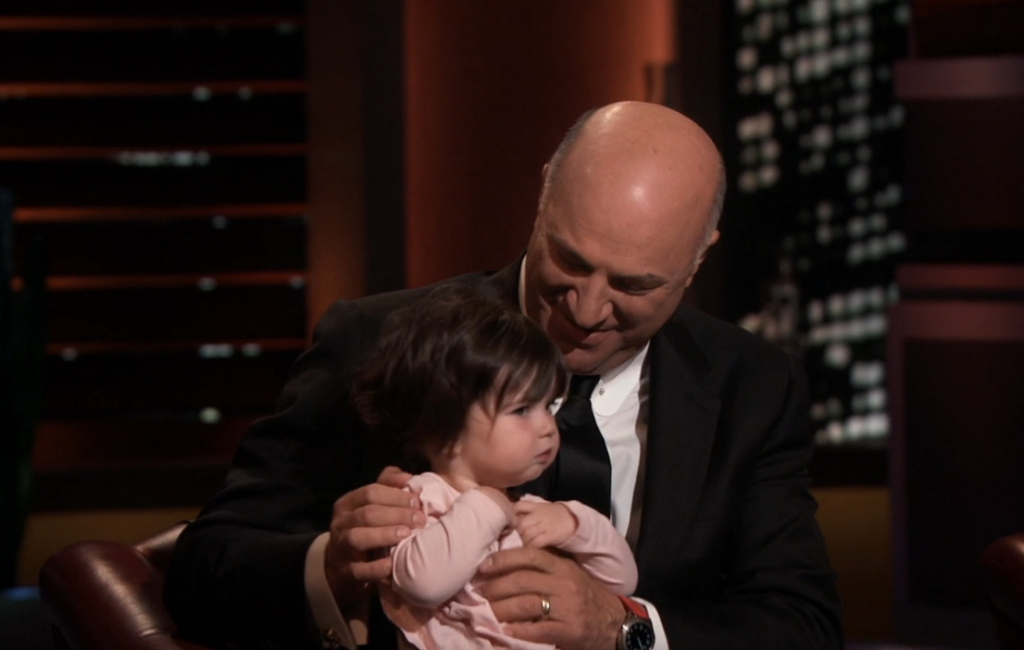
Despite the product’s safety features and high-quality foam, the Sharks were skeptical about the scalability of the business, especially given the premium pricing. Kevin O’Leary advised Elizabeth to consider a more affordable price point to appeal to a broader market. Ultimately, none of the Sharks made an offer, expressing concerns about the business model, pricing strategy, and the entrepreneur’s readiness for a partnership.
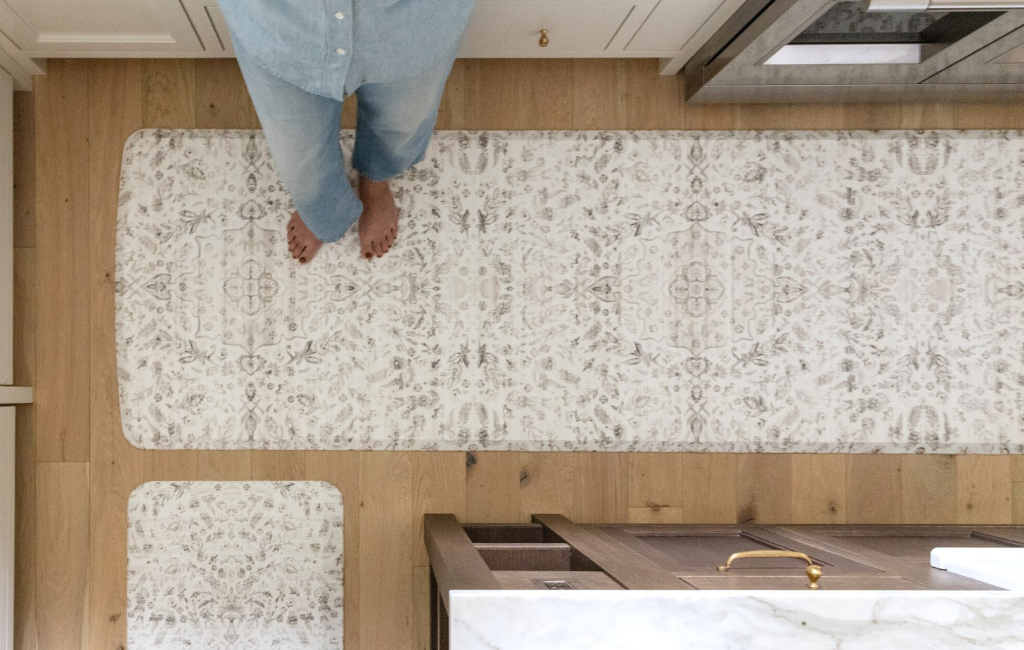
Lori Greiner, known for her expertise in product development, complimented the beauty of the product but ultimately chose not to invest, emphasizing the challenges in protecting a product of this nature. The negotiations concluded with Elizabeth leaving the Tank without a deal. Despite the setback, she remained confident in her vision and the potential of Little Nomad. The Sharks’ hesitations centered on market viability, pricing strategy, and the entrepreneur’s preparedness for partnership, highlighting the challenges of introducing a premium product in a competitive market.






